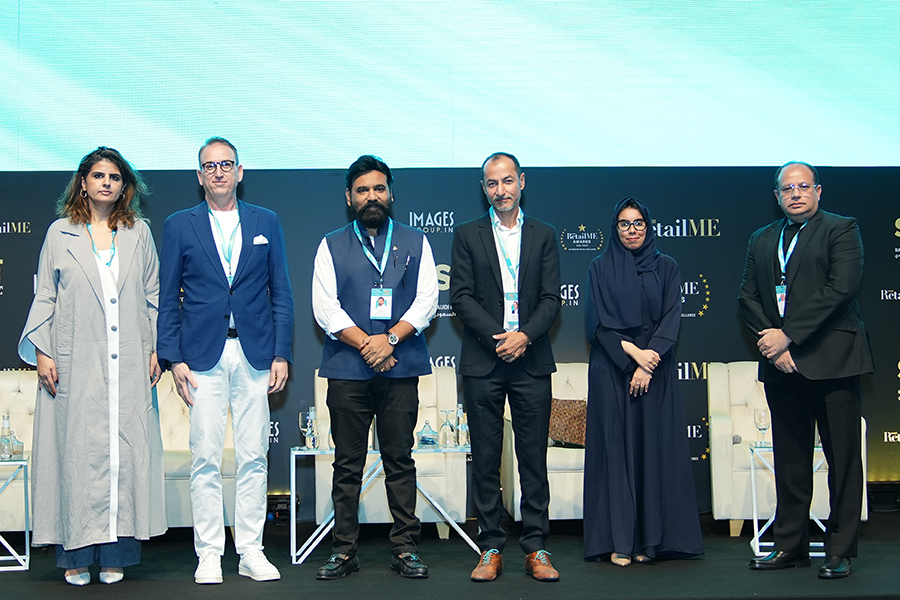
Fashionably Futuristic Panel Discussion at SRF 2023
The fusion of global and local trends will support the fashion industry in Saudi Arabia to reach a value of $32 billion in 2025, observed session moderator May Kanounji, Chief Executive Officer, Blooming at Saudi Retail Forum 2023.
Keeping this trend in mind, who is expected to win the confidence of Saudi consumers – will it be the homegrown brands or international labels, she asked.
“At Al Othaim Life we’ve over 40 brands and more than 350 stores around the Kingdom and one of the challenges in operating international brands is their adaptability to the Saudi market. Often, what’s missing is the cultural authenticity,” admitted Ali Al Shareif, Chief Executive Officer, Al Othaim Life. “In a country like Saudi Arabia with a rich culture, coupled with support from the likes of the Saudi Fashion Commission and Riyadh Fashion Week, there’s never been a better time than now for the growth of homegrown brands. In fact, we will be launching a platform to support Saudi homegrown brands.”
Homegrown brands have now become real destinations in KSA, achieving commercial success, added Ghadi Ali, Entrepreneur, Adviser and Top 50 Global Inspirational Women. “However, sometimes driving homegrown brands can be difficult in a crowded market. Having said that, if homegrown brands build a strong identity, create values and meet the brand promise they surely have the potential for success.”
In almost all countries around the world, homegrown brands tend to coexist with international labels, feeding each other with their respective expertise, pointed out Ahmedullah Abdul Hadi, Chief Operating Officer, Giordano – which recently completed 30 years of operating in the region. “In our case, we’ve adopted our products, programmes and experiences aligned with the local culture. As an international brand, we always try to complement the existing offerings in the local market.”
At this point Kanounji asked if Saudi homegrown brands see enough demand in the international markets.
There are several initiatives to support Saudi fashion designers to showcase their works abroad. But it’s crucial for homegrown brands to succeed in the home market first and set up the basic infrastructure to be rolled out in every new market, Shareif responded.
Turning the conversation towards technology trends reshaping the fashion ecosystem, Ashim A Patil, Managing Director and Chief Executive Officer, I-TEK RFID observed, “Now brands are keen to move from predictive to prescriptive deliveries to further enrich customer engagement and experience. Hence, brands are heavily investing in technology to enable such experiences. For instance, with RFID technology enhancing operational efficiency, ensuring cost optimisation and enriching customer experience, retailers are becoming more agile and sustainable in the way they operate.”
Staying with technology and how it aligns with sustainability, Kunal Kapoor, Founder and Chief Executive Officer, The Luxury Closet shared some perspectives. “The world is producing 1.5 billion pieces of clothing annually. An average wardrobe has 150 items, most of which people don’t wear. Brands are overproducing and destroying what doesn’t sell. Hence, the European Union (EU) has passed a few laws making traceability imperative for every product, be it fast fashion or luxury. Now products come with a QR code through which buyers can access when and where it was produced, when it starts its next life cycle and so on. In addition, EU has banned burning of products and they have passed a right to repair law, which means everything produced must be repairable. So, that’s a complete game changer.”
Overall, quality and tradition are two key aspects to differentiate a brand and make it stand out, irrespective of whether it’s a homegrown or international brand, Kapoor summarised.